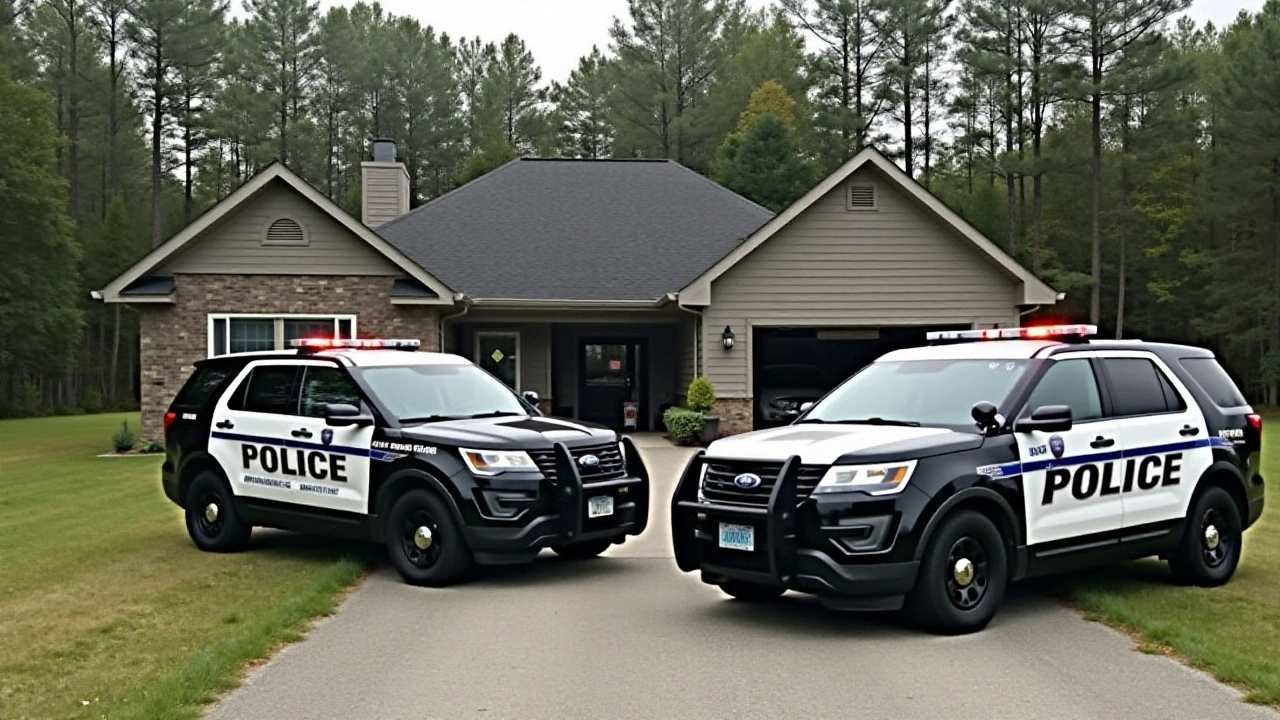Georgia GBI investigation: what you need to know
The Georgia GBI investigation refers to any inquiry run by the Georgia Bureau of Investigation into alleged crimes or official misconduct in the state. If you’ve seen this phrase in headlines, it usually means the state’s top investigative team is gathering facts, interviewing witnesses, and checking documents. The GBI doesn’t make arrests or indict people—that’s up to prosecutors—but its work often shapes what charges, if any, follow.
How the GBI investigation works
First, the GBI opens a case after a referral from local police, a district attorney, or sometimes after complaints from the public. Investigators collect evidence, subpoena records, and interview people. They rely on forensic labs, phone and data analysis, and witness statements. When the GBI finishes, it hands a report or recommendation to the relevant prosecutor. That office decides whether to file charges, seek a grand jury, or close the case.
Expect these steps to take time. Complex probes with many documents or high-profile people can last months. The pace depends on how much evidence needs review and whether the GBI can access records quickly. If the case involves court secrecy—sealed filings or grand jury testimony—you might only see public details later.
What changes for people named in an investigation?
Being named in a GBI probe is not proof of guilt. It means you’re part of an inquiry. If the GBI believes there’s enough evidence, prosecutors may bring charges or present the case to a grand jury. Defendants then have rights: legal counsel, the chance to see evidence at trial, and to challenge what the state presents. If you’re following a case closely, remember public statements from lawyers or officials can be strategic — they frame a narrative but aren’t the final word.
Wondering about political fallout? High-profile GBI probes often affect public debate and can influence elections or policy, even before charges appear. Still, the legal process is separate: political consequences don’t change legal standards like proof beyond a reasonable doubt.
Want to follow developments without the noise? Start with official sources: GBI press releases, local prosecutor statements, and court dockets. Major reliable outlets will summarize filings and hearings; check multiple reputable sources before trusting dramatic claims on social media. Court records and hearing calendars give the clearest timeline for filings, motions, and trial dates.
If you need one quick rule: treat early reports as provisional. Investigations evolve. New evidence can change the story, charges can be added or dropped, and timelines shift. Keep an eye on primary documents and official updates, and if a legal detail matters to you, read the court filing or the prosecutor’s statement rather than relying solely on commentary.
Questions about how GBI investigations affect you locally? Look up your county’s district attorney office and local court website. They publish most filings and can clarify whether a probe is active, referred, or closed. Staying informed through direct sources saves time and reduces confusion.
A court has scheduled a bond hearing for Colt Gray, a 14-year-old accused of the Apalachee High School shooting that resulted in four deaths and numerous injuries. Gray faces murder charges and will be tried as an adult. Previously investigated for online threats, Gray's case has brought attention to potential warning signs and the impact of school violence.
Recent-posts
Jun, 17 2024






